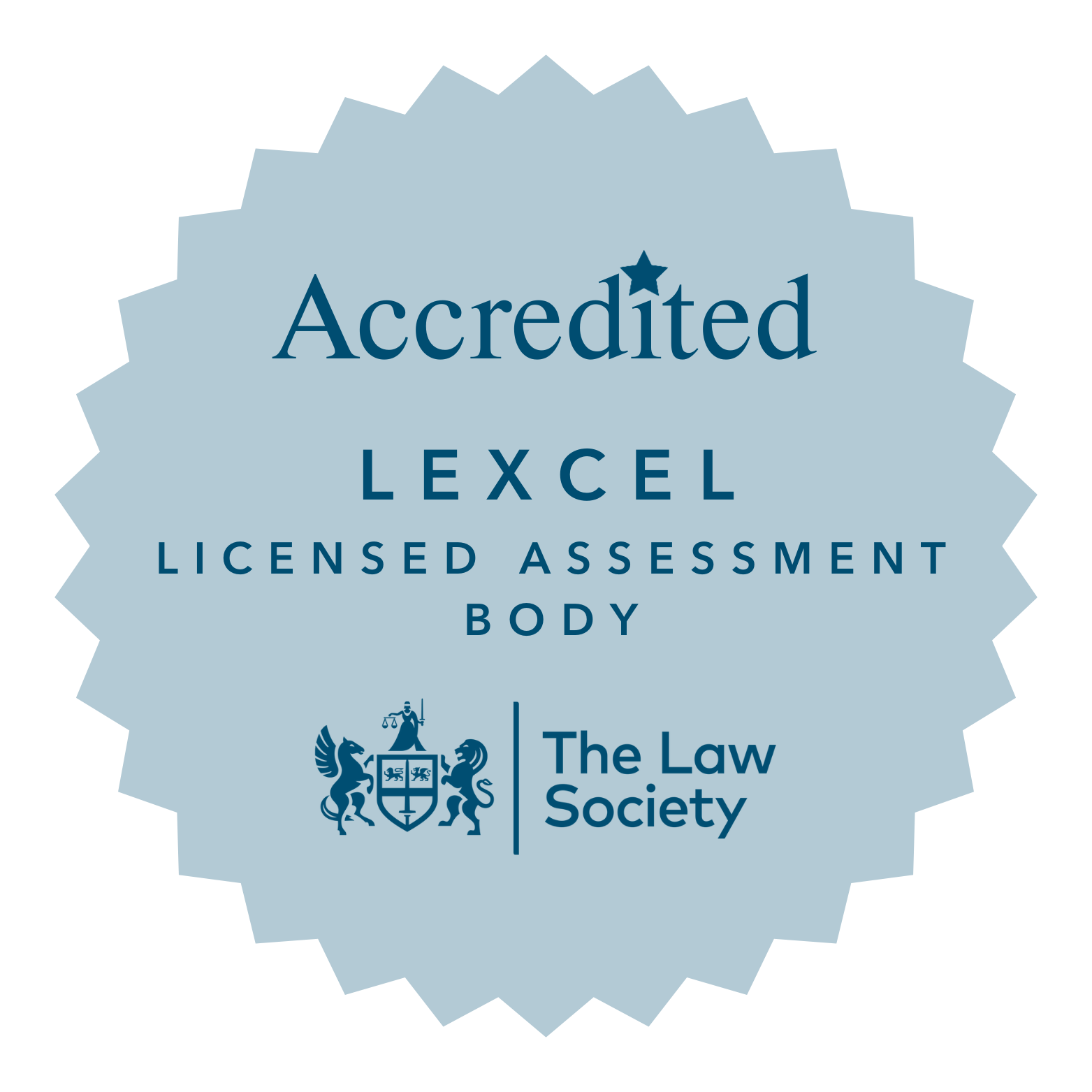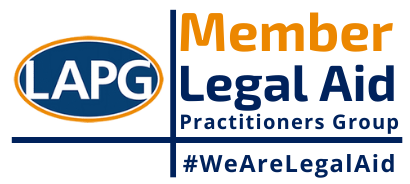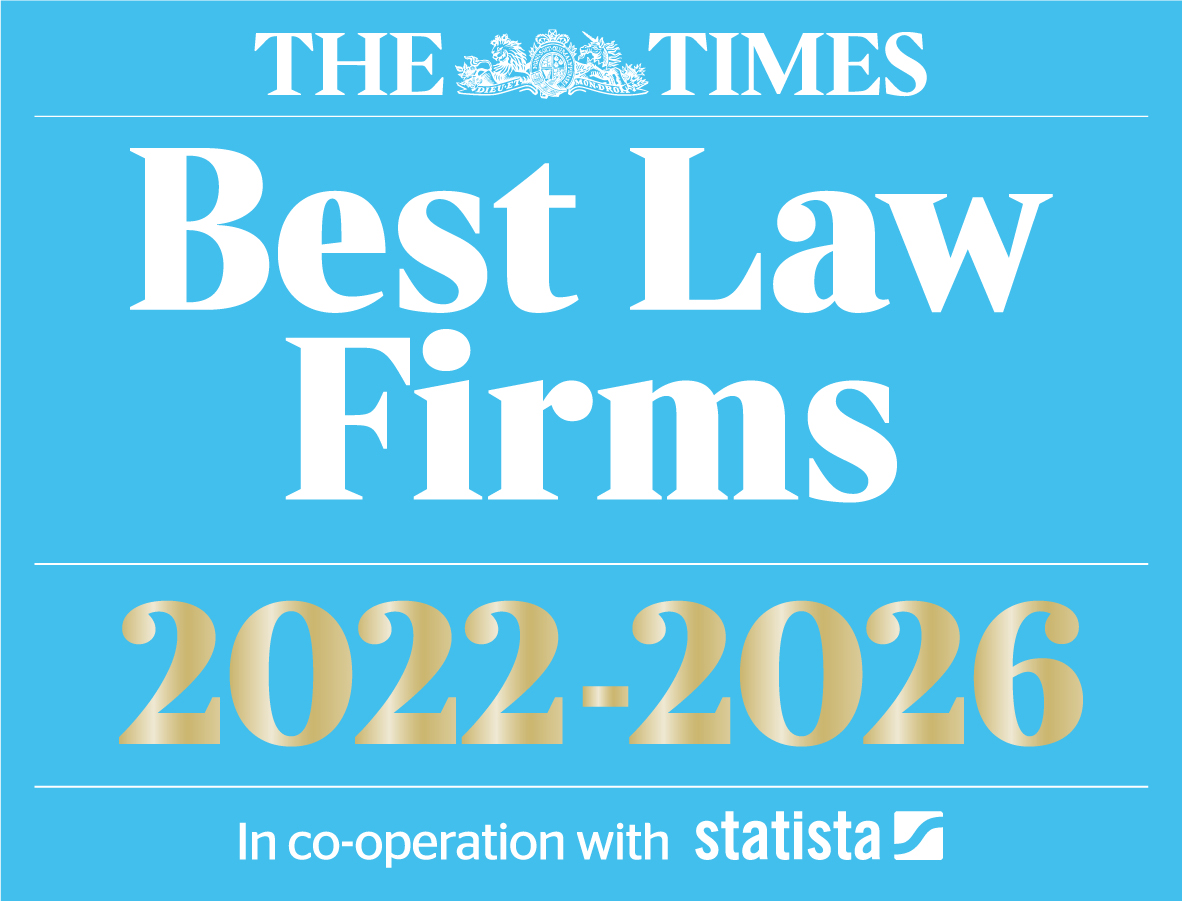The proceedings concerned applications in relation to a two year old child, AW. The child was the subject of care and placement orders made in September 2012, which allowed her to be placed for adoption.
The mother’s solicitors intended to apply to revoke the placement order on the basis that the parents could demonstrate a significant change in circumstances which had resulted in the Local Authority agreeing that the parents’ youngest child, AW’s sibling, could remain in their care.
The application to revoke the placement order was prepared in draft form and served on the Local Authority on 7th December 2012. Subsequently, the mother’s solicitors wrote to the Local Authority seeking a response to their application on 4 separate occasions with no response until 4th April 2013.
In their response the Local Authority confirmed that the child AW has been matched with Mr. and Mrs. A on 2nd April 2013 and would be placed within the week. As a result, the mother’s legal team issued their application on 8th April 2013 and wrote to the Local Authority requesting that the child not be placed until the outcome of the hearing was known. Despite this the child was placed with Mr. and Mrs. A on 10th April 2013.
Consequently, the South London Family Proceedings Court upon hearing the parents’ application on 18th April 2013 determined that there was no jurisdiction to proceed with the application as the child had already been placed with adopters.
In light of these events, the parents indicated that they would seek judicial review of the decision to place AW. In order to avoid costly and time consuming judicial review proceedings the Local Authority made an application for the revocation of the placement order on the basis that this would enable a substantive hearing of the merits of the parents’ case.
The Local Authority’s application was listed before Mrs. Justice Pauffley for a hearing in July 2013. Creighton and Partners were asked to represent the adopters, Mr. and Mrs. A in these proceedings.
At this hearing the Judge gave a strong indication that she was keen be seen to be fair to the parents given the troubling chronology of the case in which the parents’ attempts to challenge and discharge the placement order had been thwarted by the actions of the Local Authority. That application was therefore listed for a three day substantive hearing in August 2013; in order to afford the parents an opportunity to properly put their case to the Court.
This placed our clients in an exceptionally difficult position and they were understandably very distressed that the placement of AW in their care which they considered to be a permanent one was put at great risk by the Local Authority’s application.
Despite their distress, Mr. and Mrs. A remained committed to adopting AW and we acted swiftly in preparing and issuing our application for an Adoption Order to ensure that the Court could consider this alongside the application for revocation of placement order.
At the hearing in August 2013 our Counsel argued that to permit the Local Authority’s application to proceed would be contrary to parliament’s intention and would set a worrying precedent which would have serious consequences for adopters.
This is because section 24 of the Adoption and Children Act 2002 states that parents seeking to revoke a placement order must first obtain the leave of the Court. Such a requirement is not needed where the Local Authority is applying for an order, accordingly the parents in this case would be permitted to proceed to a substantive hearing of their case without first satisfying the Court that leave should be granted.
As an alternative, our Counsel invited the Court to consider the parents’ case in the context of an application for leave to oppose the adoption (an option which was now available to the Court by virtue of our application). This argument was attractive for a number of reasons. Firstly it avoided the legal fiction of allowing an application for which the applicant offered no supporting evidence and, in fact, invited the Court to dismiss their application. Secondly it allowed the parents a chance to properly put their case without being disadvantaged as it was noted that the tests for leave to revoke a placement order and leave to oppose adoption are very similar in that both applications require the parents to demonstrate that a significant change in circumstances has occurred.
Most importantly by moving away from the Local Authority’s original application the Court could avoid setting a precedent which could have an unsettling effect for future adoptive placements. After all, how could future adopters be confident that they would not find themselves in a similar situation, facing the great uncertainty and distress of legal proceedings, if a precedent was set in this case?
This argument had a further benefit for our clients as it meant a speedier resolution to the legal proceedings and the quicker progression of their adoption of AW as even if the application to revoke the placement order had been refused our clients would have had to face further uncertainty as the parents would still have been permitted to challenge the adoption order.
Pauffley J was happy to adopt the approach suggested by our counsel and at the conclusion of the proceedings held that the parents’ application for leave to oppose the adoption be refused on the basis that the parents failed to demonstrate the requisite significant change in circumstances and that AW’s overwhelming need was to remain with our clients and to become their adopted child. In making her judgment Pauffley J described Mr. and Mrs. A as a “superlative” couple and was impressed by their commitment to and care of AW.
A full copy of the judgment is available here.


